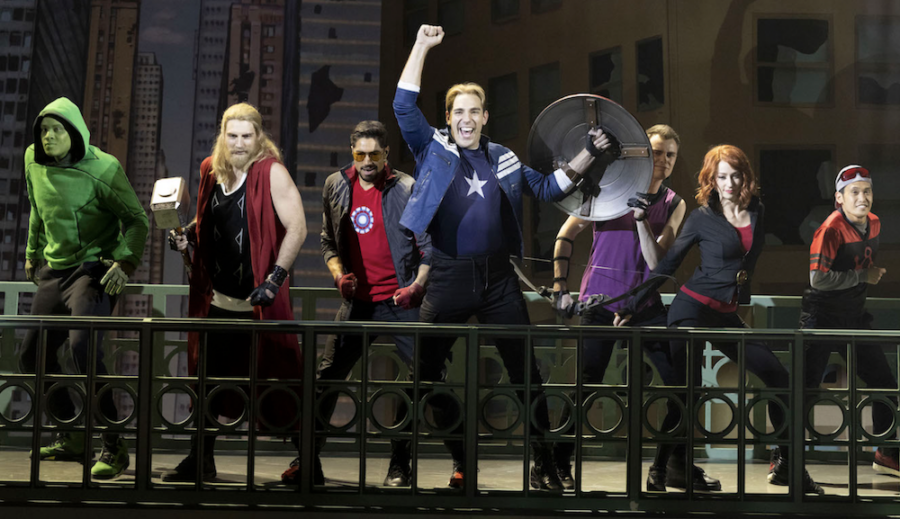Marvel Making Movies That Are Only Generated By AI?
Joe Russo, director of Avengers: Endgame, supports Marvel using AI to make future movies.

There are those who complain that MCU films are formulaic — a hero, a villain, a failed attempt to stop the villain halfway through, an emotional regaining of strength, and then a climactic battle where it seems like the heroes win a few times, but they didn’t, and then they do. While this seems like a weakness for Marvel films, it may work to their advantage, as it will make it all the easier for the company to replace their writers, directors, and actors with AI in the near future. As Futurism reports, Avengers: Endgame director Joe Russo thinks we’re not too far away from completely AI-generated films.
Generative AI like ChatGPT-4 works on a basic principle — take everything that’s already been created, and make something similar. And what could be more similar to everything that came before than Marvel films, which basically take a watered-down version of the now-cliche Hero’s Journey and copy and paste it into different settings, making tweaks to characters and motivations while basically leading audiences through the same song and dance we’ve all seen before.
Of course, Marvel director Joe Russo has more in mind than simply replacing writers with AI. He predicts that films will be able to replace the entire creative process, from conception through post-production, which will soon be done entirely by artificial intelligence. In fact, he seems to have a very specific fantasy in mind involving himself and long-dead superstar Marylin Monroe.
Hey, I want a movie starring my photoreal avatar and Marilyn Monroe’s photoreal avatar, ‘I want it to be a rom-com because I’ve had a rough day,’ and it renders a very competent story with dialogue that mimics your voice
Joe Russo on AI movies
Regardless of the details of what Russo sees himself doing with Monroe in this alleged romantic comedy, the director of Marvel’s biggest film has his AI-centric ideas firmly based in reality. Programs like Synthesia and Pictory Pictory are making strides in creating AI-generated videos, and programs like ChatGPT-4 and Google’s Bard are already creating stories in response to prompts. There’s nothing Russo describes that’s out of the question — these capabilities will exist within our lifetime.

Of course, the big question we have to ask is whether we, as consumers, are going to want these creations once they exist. As the creeping effect of superhero fatigue shows us, audiences can only take so much of the same thing over and over. And like Marvel films, AI excels at giving us the same thing over and over.
Your Facebook feed shows you posts that are as close as possible to the posts you’ve already liked, hated, or commented on in the past. Other websites, like Stitchfix, show the same outfits over and over, even after being told they’re no longer interesting. And Marvel’s theoretical AI films, most likely, will keep regurgitating the same plot repeatedly (not that we’d notice much of a difference).
With AI films being cheap to write and produce, the world will be saturated by them as soon as the tech becomes readily available. So, whatever patterns the AI draws upon will become well-known soon after the tech exists, to the point where the novelty will wear off soon. Unlike Marvel, AI films will be created more than a few times a year, so AI fatigue will probably set in far more quickly than Marvel’s 15-year run.












